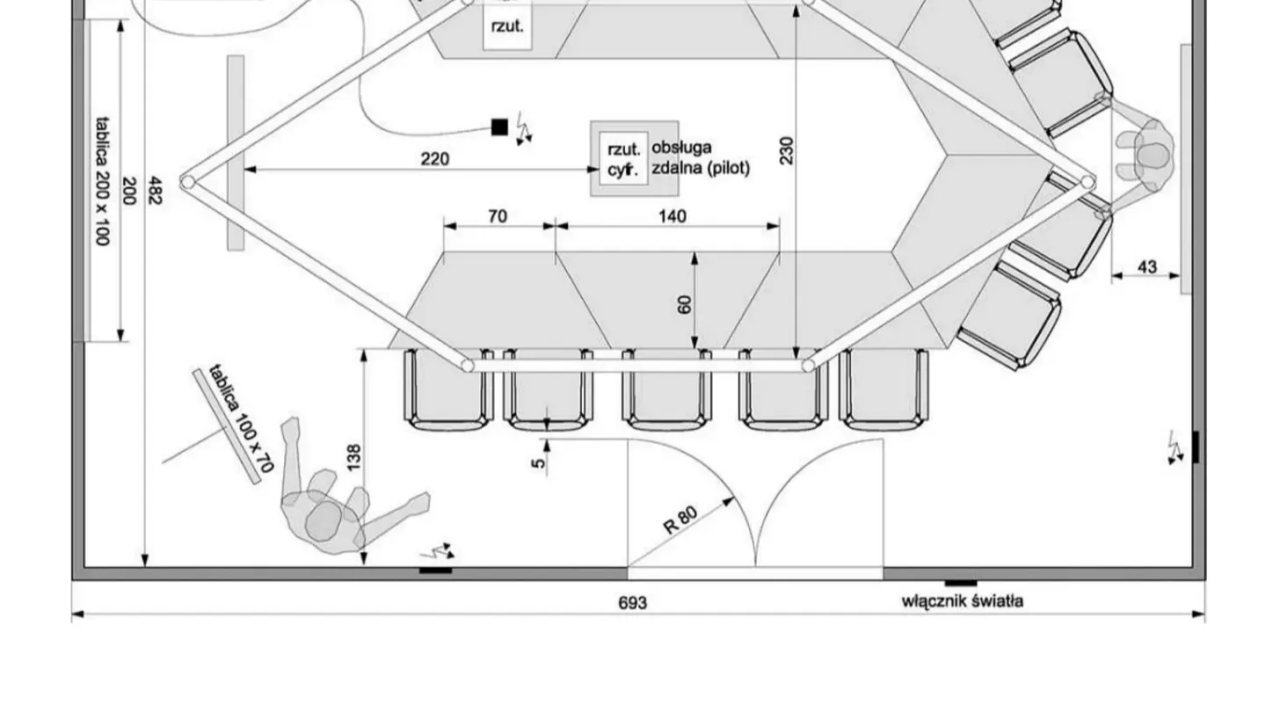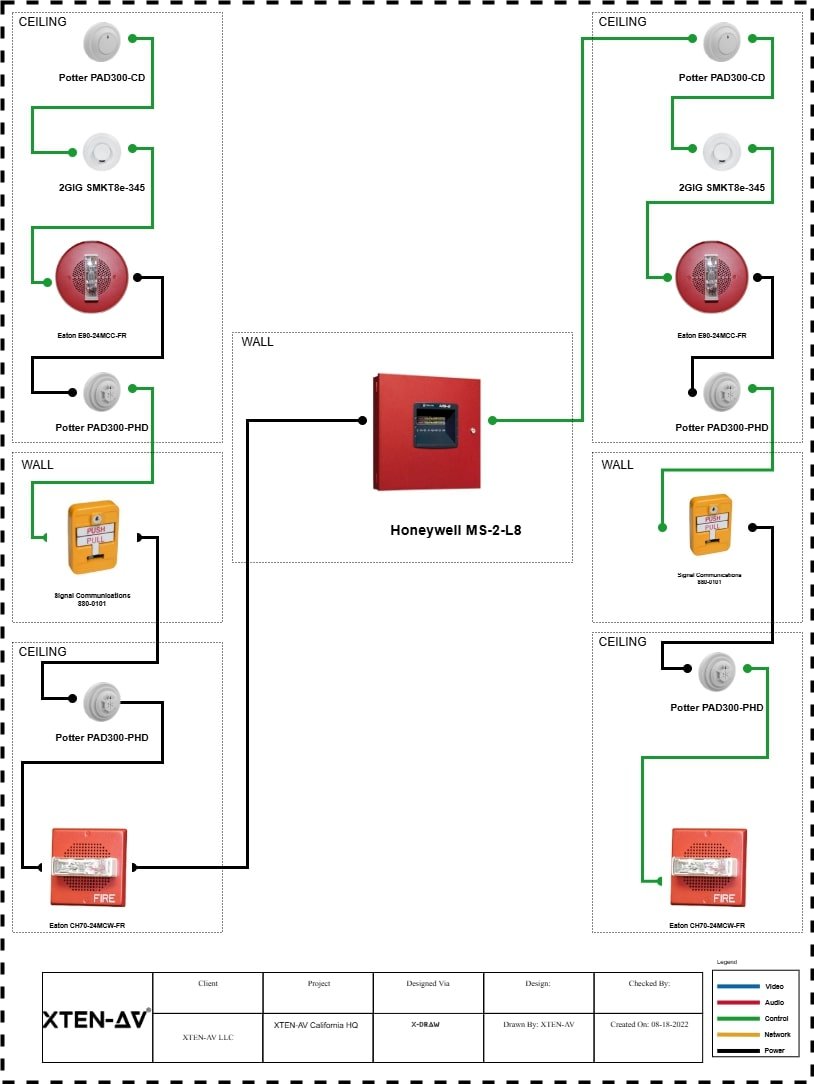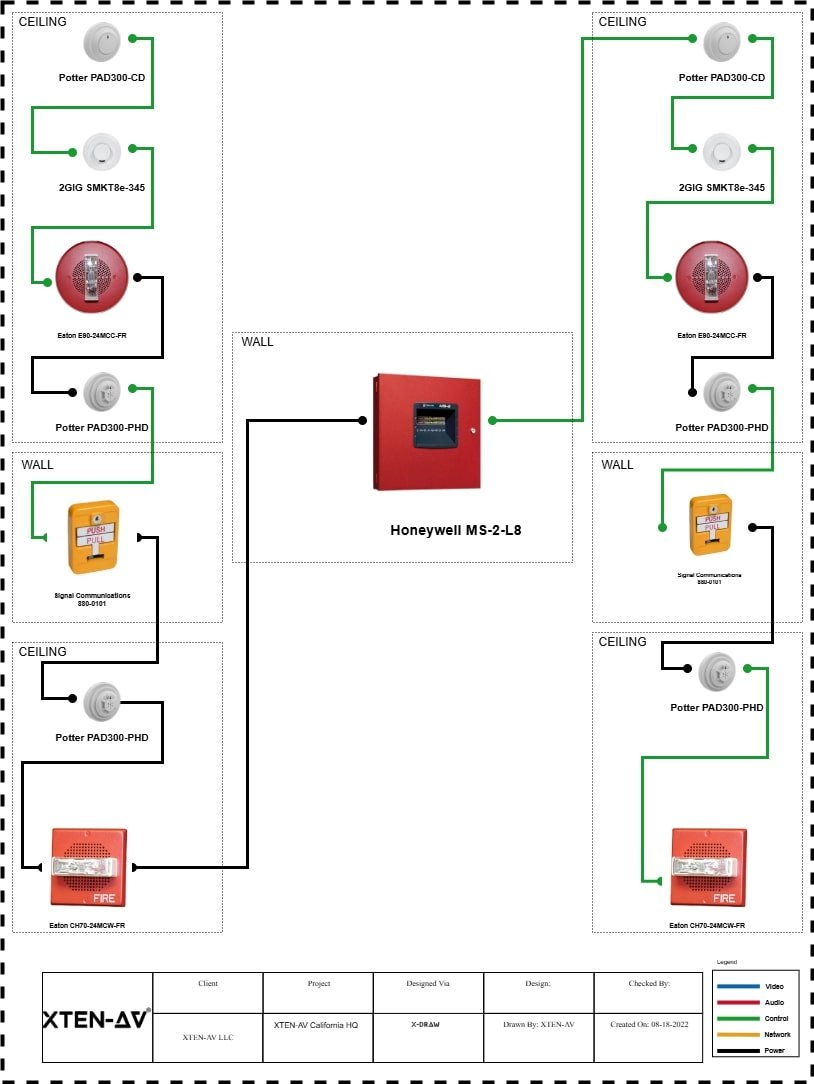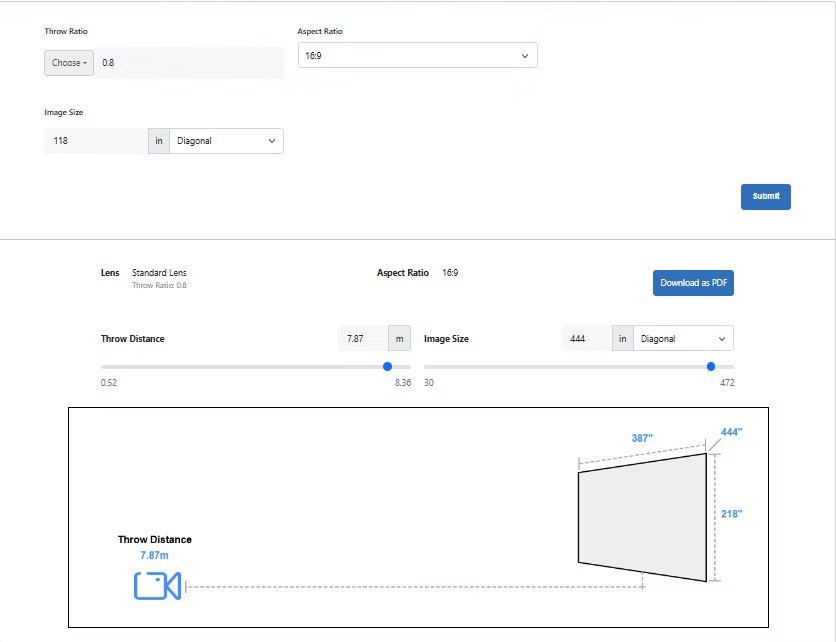I am throwing my hat into the ring, all for the love of building a crack-free web presence for enterprises!
Crux: In the age of AI and automation, do you still wish to waste time on manual tasks? Can you afford to lose customers to slow service? For how long can you juggle too many disconnected tools?
Enterprise mobile app development offers a multitude of benefits. Still, a key advantage is the “5 in 1” concept, which essentially means a single app can address five core areas of business operations: streamlining processes, enhancing communication, improving data management, boosting productivity, and increasing customer engagement.
Enterprise apps can automate tasks, manage workflows, and optimize processes, leading to increased efficiency and reduced manual effort. Mobile apps facilitate seamless communication and collaboration among employees, regardless of location, through features like instant messaging, video conferencing, and file sharing.
Apps can provide real-time access to critical data, enabling better decision-making and improved data-driven insights. By providing access to essential tools and information, mobile apps empower employees to work more efficiently and effectively, leading to increased overall productivity. Enterprise apps can offer customers a more convenient and personalized experience, improving customer satisfaction and loyalty.
By integrating these five key benefits, enterprise mobile app development can significantly transform business operations, leading to improved efficiency, better communication, enhanced productivity, and increased customer satisfaction.
Enterprise application development, also known as enterprise software development or enterprise-level application development, is the process of creating custom software applications designed to meet the specific needs of large organizations. These applications are typically complex, robust, and scalable, enabling businesses to automate tasks, streamline workflows, and improve overall productivity. It’s not so much about skipping aspects of enterprise app development, but rather focusing on understanding the key features and challenges that come with developing these applications.
| A large manufacturing company that used to rely on manual processes for inventory management, order fulfillment, and quality control. These processes were time-consuming, prone to errors, and made it difficult to track inventory in real-time. By integrating IoT sensors, AI-powered predictive maintenance, and a blockchain-based supply chain management system into their enterprise application, the company was able to automate these processes, improve efficiency, reduce errors, and gain real-time visibility into their operations. This results in saving cost, increasing productivity, and immense customer satisfaction. |
The AI/ML system analyzes customer data to identify segments with similar preferences and predict which products or services they are most likely to be interested in. This allows for personalized marketing messages and offers, leading to higher engagement and conversion rates.
What Makes Enterprise Mobile App Development So Pivotal?
Employees often sigh in frustration while juggling between outdated systems and manual entries. With a few taps on a screen, employees can access vital data, report progress, and even communicate with team members live, with a tailored mobile app streamlining processes. Consider the scenario where sales reps no longer need to trudge back to the office to enter data from their field visits. Imagine the boost in productivity when their mobile devices serve as real-time data collection tools.
Food For Thought
| Have you ever worked in a company where juggling five different internal tools felt like playing whack-a-mole? If you stitch all those scattered tools together into a single, smart mobile app, the result will be streamlined, secure, and always in your pocket. That’s the quiet revolution happening in boardrooms and IT departments. But why is this kind of app development such a big deal for businesses? |
Is It Just About Convenience?
Large businesses have multiple departments, several workflows, numerous regulations, plus legacy systems to handle. Sometimes, with the integration of new technology, they need to channelize their legacy systems to see if they pass smoke testing and do not break under pressure. Without mobile integration, things slip, because you need to keep the audience engaged. But with the right app, field agents can upload reports with a tap, HR can roll out updates without hunting inboxes, and managers get dashboards with live data. A large business app, when built right, makes the organization more responsive.
Why Not Just Buy a SaaS Tool?
Anika used to lead digital transformation at a manufacturing giant. They used a popular cloud CRM, but their warehouse system ran on old, local software, leaving the CRM idle. Sales kept selling what wasn’t in stock.
Eventually, her team built an app that acted as a bridge, integrating both systems and giving sales real-time inventory data. So the process starts to fill a gap, to solve a problem. These are seldom not identifiable and something that spreadsheets can’t fix.
Then comes the phase of whiteboards, coffee-fueled debates, and post-its everywhere.
Enterprise app development often starts with a discovery sprint to map out business logic before designing screens: (1) Who are the users? (2) What tasks are they doing repeatedly? (3) What systems are involved? (4) What data is critical?
Is Wearing A $30 Engagement Ring A Hazard To Your Wedding & Social Life?
In this context, the choice of technologies to be picked for an enterprise development software depends on what the company aims to achieve in the short term and long term. A bank might go for React Native with heavy backend encryption, while a logistics firm could lean on Kotlin/Swift with GPS optimization. Integration of APIs, legacy system connectors, and secure cloud platforms like Azure or AWS. Even low-code platforms make use of internal modules to move faster.
One fintech firm used Flutter for cross-platform builds but ran their core analytics on a Python backend linked to their private cloud, as time-to-market was critical, and their users demanded offline access during rural travel.
Tools must be chosen to accomplish a task and not according to their cost, or their popularity or what competitor is using.
Isn’t This Just IT’s Problem?
The most successful enterprise apps don’t try to do everything at once. They focus on Product, marketing, compliance, and operations.
A retail chain first rolled out an app just for inventory staff. Once it worked, they added modules for pricing, promotions, and staff scheduling. They avoided a bloated do-it-all monster and kept the UX clean.
But Aren’t These Projects Risky?
The possibility of scope creep, integration hiccups, and change resistance makes it too risky. But this is where agile comes in. Think Minimum Viable Products, weekly feedback loops, and tight QA cycles. You don’t build a monument in one go. A room with a ceiling, a balcony, a terrace, and a gated entrance is tested first.
| One insurance firm launched a policy-tracking app with only two features. After rollout, they saw 40% fewer customer support calls. That success gave them room (and budget) to add claims tracking and chatbots later. |
What About Security?
Non-negotiable. Enterprises handle sensitive data—payroll, customer IDs, proprietary algorithms. Apps need role-based access, biometric logins, encrypted storage, the whole nine yards.
There’s a story of a pharma company that almost rolled out an internal R&D app—until a last-minute audit revealed it stored unencrypted test data on local devices. That delayed the launch by two months. Lesson: security isn’t a checklist. It’s a design principle.
Imagine walking into a meeting and, instead of handing out 12 printed reports, you just project the live dashboard from your phone. Or your sales team closing deals on-site because they can check pricing, stock, and order history in one tap. That’s what enterprise mobile apps make possible.
So, why is enterprise mobile app development pivotal? Because it’s not about apps. It’s about empowering people to move faster, decide smarter, and work better—without being shackled to desks or drowned in email threads.
It’s the kind of transformation you only notice once it’s missing. And then, it’s all you want to fix.
Some Quick Questions (That You Would Want To Hear)
- Why build one in the first place, just to be modern? Or is it because time wasted is money lost?
- If employees spend less time switching systems, could that cut costs? Do fewer manual errors mean fewer billing disputes?
- Aren’t smoother workflows cheaper in the long run? What took days now takes minutes.
- When customers get quicker service, don’t they stick around?
- Have you ever returned to a business just because its app was easy and fast?
- Custom apps create moments like that. And those moments add up.
- What does a polished app say about your business?
- Ever wish you had better insight into what’s happening inside your company?
- Is it $30k or $300k? Depends on what you build.
- Need something basic? That’s one range.
- Would you spend $150k to save $500k in the next two years?
Why Konstant Infosolutions (Or Someone Like Them)?
If I had a rupee for every time someone asked me, “Can’t we just get some freelancer to build it for cheaper?” For creating an enterprise software, you need (1) Deep system integration experience, (2) an understanding of compliance and scalability, (3) Post-deployment support (because bugs love to show up at 2 AM)
This is where working with an established mobile application development companies like Konstant Infosolutions makes sense. They’ve delivered hundreds of custom enterprise solutions across industries—retail, logistics, finance, you name it. They focus on (1) Clear communication (no tech jargon smokescreens), (2) Agile development processes, (3) Focus on both UI and UX (because beautiful design = adoption), (4) Experience with cross-platform tools (React Native, Flutter, Xamarin).
What’s Holding You Back?
Maybe you’re worried about the cost. Or afraid your team won’t adapt? Maybe the idea of going digital sounds overwhelming.
But what’s the cost of not acting? Stagnation? Frustrated employees? Missed opportunities? In today’s world, inaction is a liability.
What you build today becomes your business advantage tomorrow.
Still using spreadsheets? Chasing approvals over email? Still asking, “Did you see my message?”
Maybe the better question is, “What’s the cost of staying the same?”
Synopsis
Enterprise mobile app development isn’t for every business. But for the ones who are ready, it’s a total game-changer. Enterprise software development is a transformative journey. From enhancing productivity and communication to providing deep, data-driven insights and robust customer engagement, the investment in such technology might seem daunting initially, but as I’ve experienced firsthand, the returns often far outweigh the costs. When you partner with a dedicated enterprise mobile application development companies like Konstantinfo, you’re entering into a partnership that prioritizes your unique business needs and long-term success.
Konstant Infosolutions offers comprehensive enterprise mobile app development services, focusing on custom solutions, end-to-end security, and cross-platform compatibility. They cater to diverse industries and business needs, providing services like Mobile Device Management, Field Service Mobile Apps, and B2B Mobile App Development. Their expertise extends to various technologies, including IoT, wearable, cloud, and mobile solutions.
Third Party Summary
With every new line of code and every thoughtful design choice, we’re crafting more than just apps. We’re building bridges, connecting people, ideas, and opportunities in ways that were once only imaginable in science fiction. More insights in the blog below.













Leave a Reply